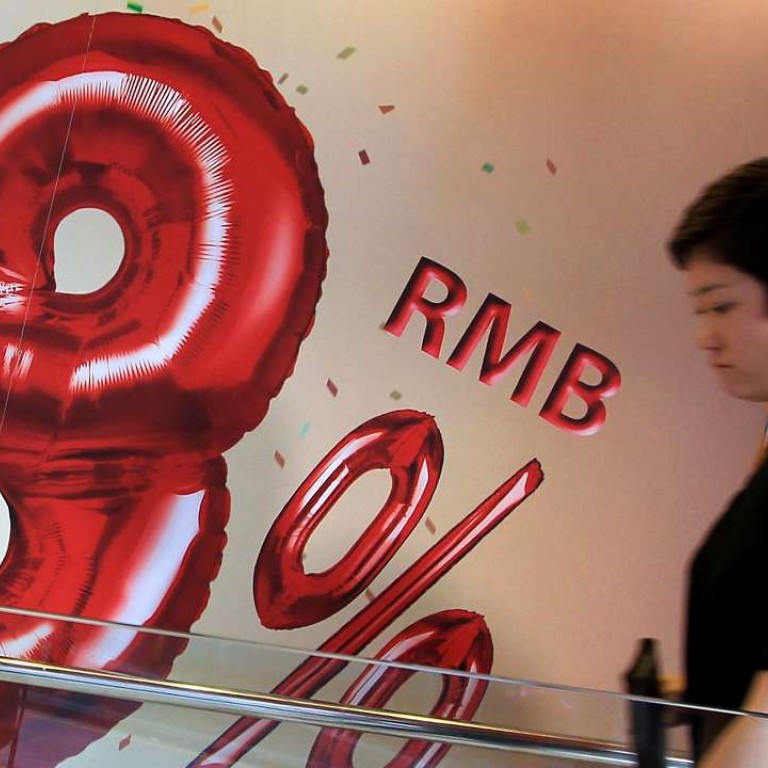
Low interest rates are simply papering over the cracks
Firms that can’t make enough to pay their staff, cover their expenses, and add a bit of profit for a rainy day, shouldn’t be in business.
It is entirely appropriate, even though now the Olympics have finished, to talk about hurdles. As one not entirely of lofty stature, I always found it faintly ridiculous to have to jump over a hurdle when I could easily run around it.
It may be a hindrance to running but in business, hurdles are important. It is a good lesson for business that the Olympic team that performed well above expectations was Great Britain (and Northern Ireland, also Jersey, Guernsey, Isle of Man and other British Dependent Territories, for short).
This happened because they are brutal in their funding of sports. It is entirely performance driven – if you are unlikely to get a medal, you don’t get funded, even if you are a former winner. There is no room for sentiment in sporting success. Being good is not good enough, you have to succeed.
In business, too, no one is there to give you a break, for every company must scale hurdles to be profitable. If you can’t make enough money to pay your staff, your expenses, not forgetting yourself, and add a bit of profit for a rainy day, you shouldn’t be in business.
The rate of return for a successful business will differ between sectors but let us say it is around 10-15 per cent. If you don’t make that you should lock the doors.
A typical rule of thumb is that your return must exceed your cost of capital – so if you put capital into the business, you need to make more than this figure.
If your capital costs 10 per cent and your returns are 15 per cent, the result is happiness. If your capital costs 20 per cent... result misery – you get my drift.
Central bankers are drug assisting uneconomic activity, purchases of property, and projects that should never go ahead
Assuming you have a worthwhile business that is going to give you a 10-15 per cent return, then you might as well borrow as much as you can because interest rates are historically low.
You could borrow at 6 per cent but make 15 per cent out of it. Indeed, thanks to the central banks competitively printing money in some kind of anti-recession arms race, money has little or no value.
But unlike gold medal winners, this is extremely unhealthy, because bad businesses can survive longer by borrowing cheap money long after they should have gone bust.
So we have an increasing number of sub-optimal businesses out there, with bad business models, inefficient processes, incompetent staff and lazy managers. They shouldn’t really be in business but their hurdle rate doesn’t have to be in double digits because their cost of capital is so low.
Central bankers are drug assisting uneconomic activity, purchases of property, and projects that should never go ahead.
This week the great and good meet at a very pretty and rather isolated place called Jackson Hole, Wyoming. The annual economic policy symposium hosted by the Federal Reserve Bank of Kansas City is held there because the last great Fed chairman, Paul Volker, liked to go fly fishing. Jackson Hole has particularly good angling sites and the Kansas Fed used that as bait. That was 1982; in 2016 central bank directors seem to have lost the bait.
Could we see a lot of capital-hungry, useless businesses go to the wall, rolling like tumbleweed down a Jackson Hole track the first time they have to pay proper interest rates?
It is quite likely the Fed is going to raise interest rates by a measly 0.25 per cent sometime this year (but after the US election) just because everyone is pressuring them to.
They put rates up last December – and nothing happened. Nothing will happen this time either as 25 basis points are insignificant to the real economy. But what about the next time and the time after that, for rates must rise to more closely match the business economy?
Could we see a lot of capital-hungry, useless businesses go to the wall, rolling like tumbleweed down a Jackson Hole track the first time they have to pay proper interest rates? The next recession will see a lot of broken businesses, in the US, in China, in Europe, in Hong Kong, with properties foreclosed, money lost in bad loans, and lots of unemployment of the people you want employed to grow the economy.
The central banks have created too much debt with their dogged pursuit of low interest rates. There is little way that they are going to catch up on themselves without a lot of pain. History tells us that the only way to run an economy is occasionally to separate the wheat from the chaff, to burn the stubble, and to have the economy arise anew.
We need a good recession - but they destroy the careers of politicians and central bankers. So recessions can’t be allowed to happen – until the one they can’t stop.
Richard Harris is chief executive of Port Shelter Investment Management. www.portshelter.com

